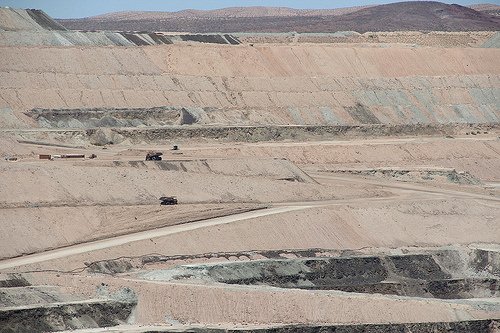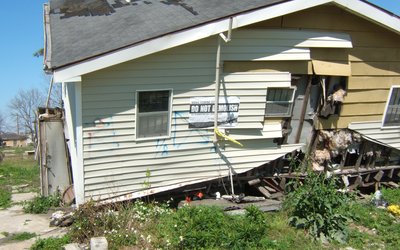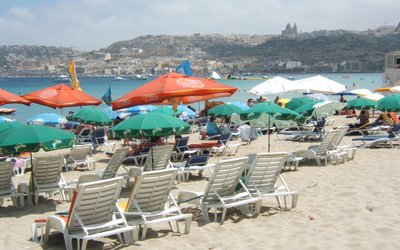Monetizing the impacts of climate change on the Greek mining sector
May 21, 2013

Climate change affects mining industry in Greece both directly and indirectly:
- Direct impacts: destruction of mining infrastructure (e.g. impoundment structures, haul roads, etc.) by extreme weather events, increase in forest fires due to higher temperature and lower humidity, decrease in water resources availability as a result of lower precipitation and higher evaporation, increase in dust emissions triggered by higher temperature, less rainfall and humidity, loss of working-hours due to environmental temperature changes, and strengthening of environmental protection measures (e.g. stricter safety factors for tailing dams, increased maintenance of restoration works, etc.).
- Indirect impacts: increase in energy costs, decrease in employment within specific mining sectors (e.g. lignite mines) as a consequence of reduced GHG emission targets, and increase in operating costs associated with mining sector’s climate mitigation strategies (e.g. adopting low GHG emissions technologies).
The estimates indicate that Greece’s mining industry could face economic losses from climate change between 1991–2000 and 2021–2050 as high as US$0.8 billion (in 2010 prices). The cost of adaptation measures is about US$312 million, while that of mitigation measures that will burden the sector through the increased electricity prices is about US$478 million.
Source: Damigos, D., 2012. Mitigation and Adaptation Strategies for Global Change 17: 865–878.
Photo: Craig Dietrich (www.flickr.com)








